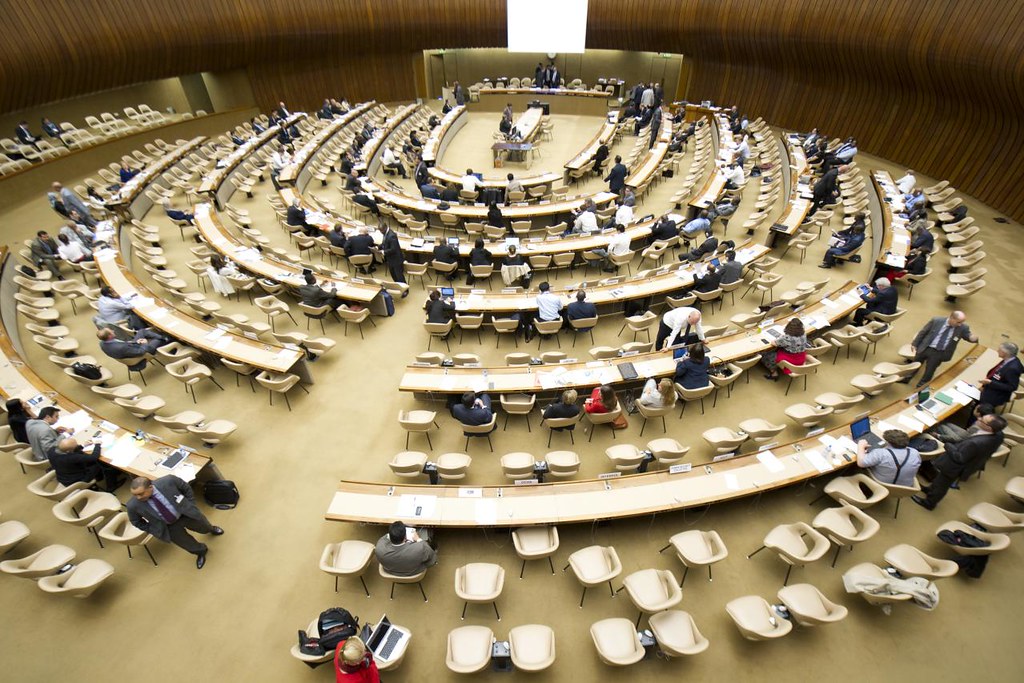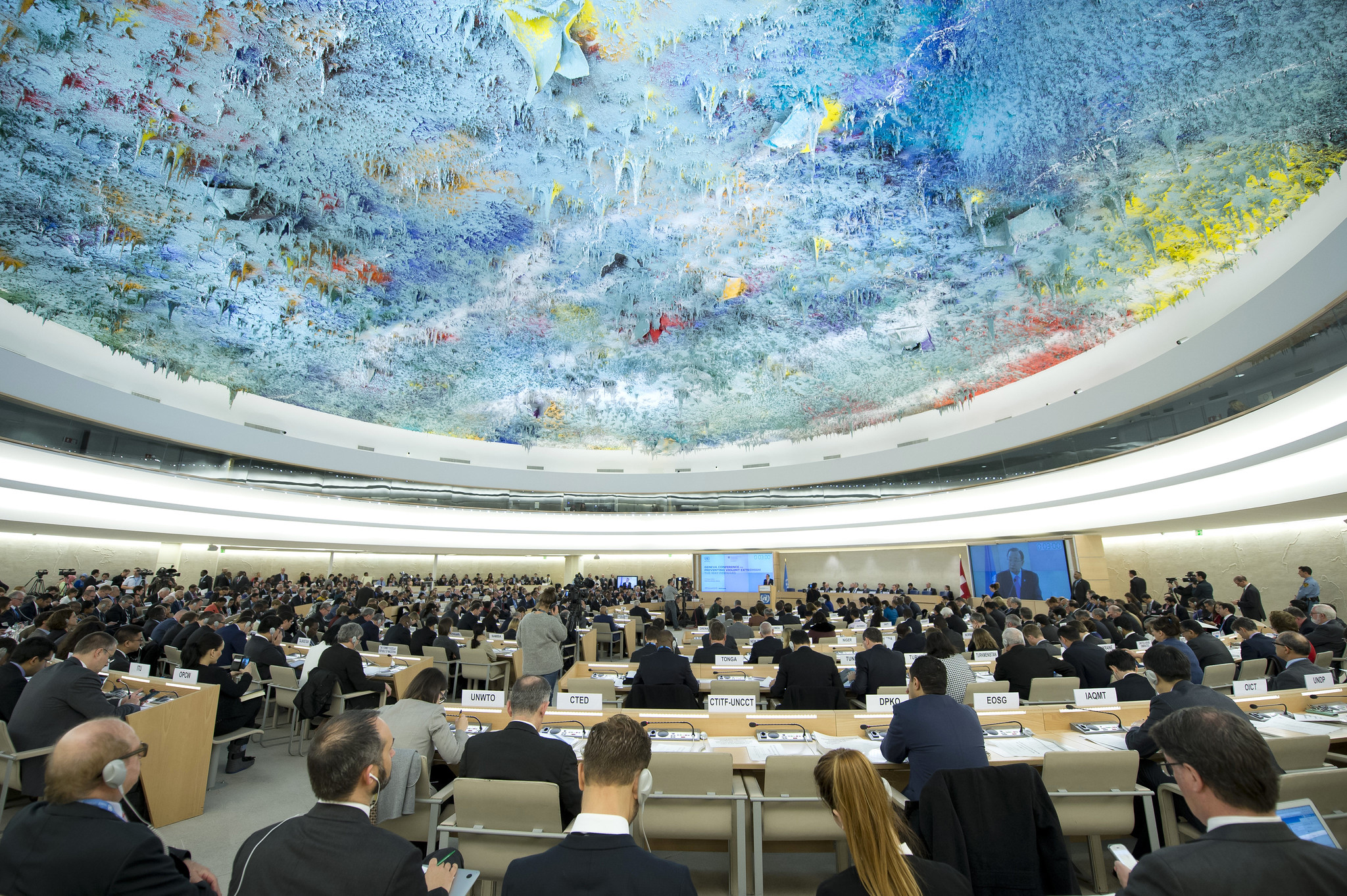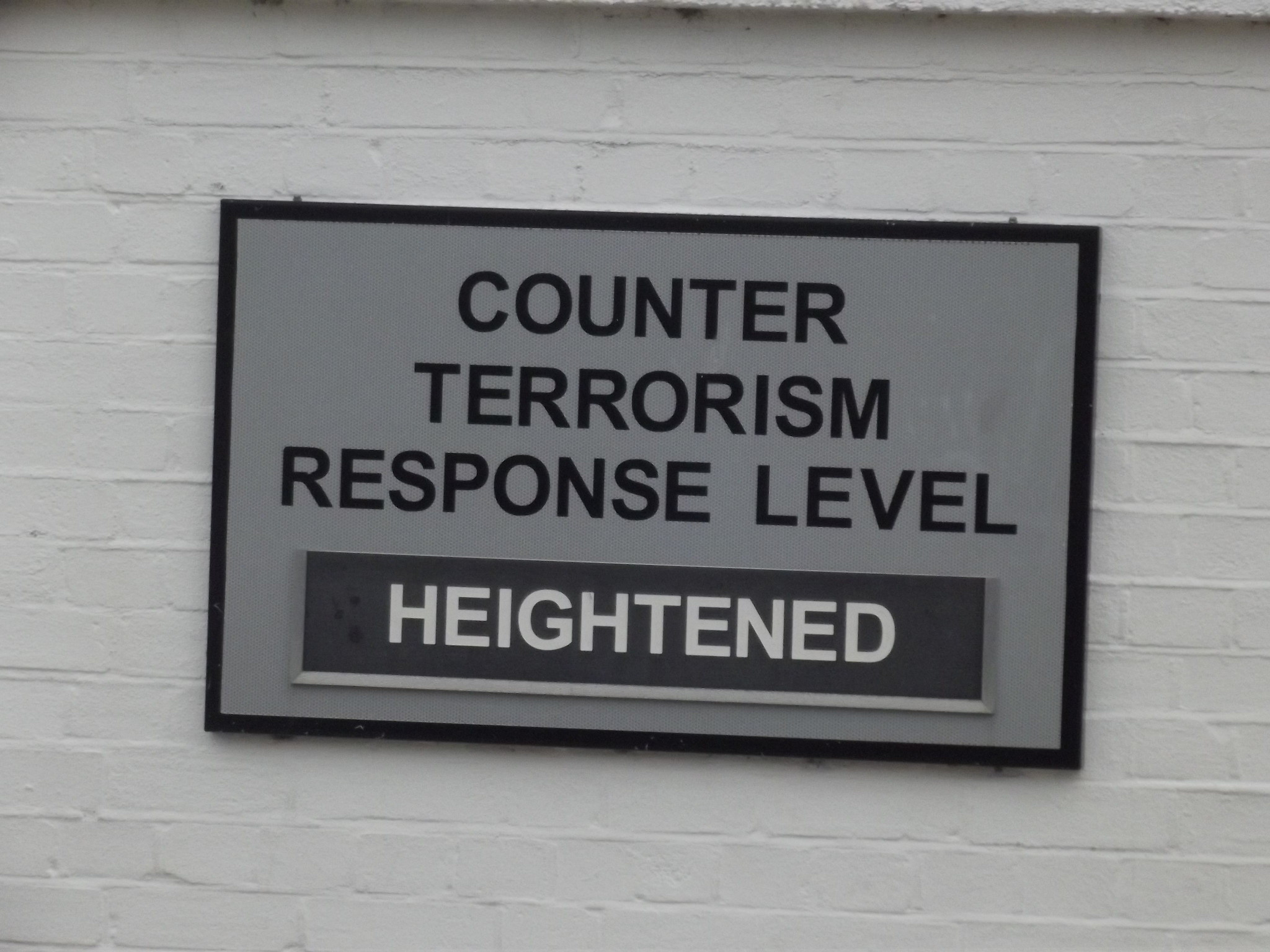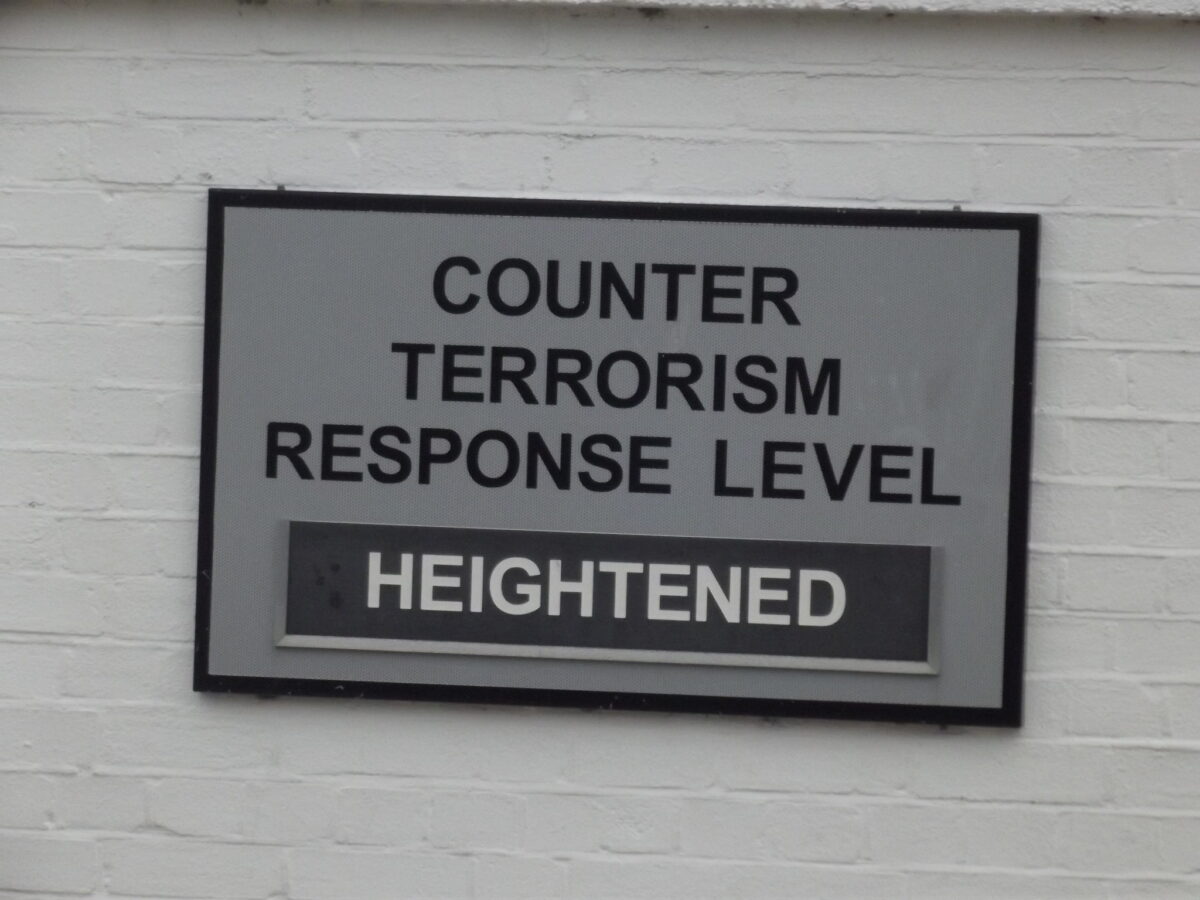When you work in counter terrorism, whether that is for an intelligence service, law enforcement agency or in the realm of CVE (countering violent extremism), there is really only one goal. You are laser-focused on preventing an act of violent extremism from happening.
Sometimes this purpose will encompass investigations that lead to the gathering of intelligence/evidence, which leads to arrest and criminal charges, trials, convictions and incarceration. On other occasions we are talking about interventions at a much earlier stage, before any real attack planning is there. Here the aim is to convince someone that continuing along their elected path is going to end badly: for them and possibly others.
If we are talking about the ‘pointy end’ of the stick, i.e. counter terrorism (CT) investigations, an area I am very familiar with (I have done some CVE but do not consider myself specialised in that field), we are referring very much to the former. These actions are taken, in accordance with legislative frameworks and accrued best practices honed over decades, to prevent a given individual or group of individuals from successfully executing an attack that could kill and maim innocent civilians.
Those of us who worked these tasks have a motto. It is a very simple one. It goes like this: “we are only as good as our last failure”.
Allow me to explain.
The sole raison d’etre of CT is to not permit the terrorists to win. You do whatever it takes to identify, penetrate and neutralise these actors so that no one gets hurt. One hopes you are good at what you do so that the terrorists lose. If you achieve your goal, you quietly celebrate a job well done and move on to the next case.
In the public’s eye, however, the thwarting of a terrorist act seldom gets the attention and recognition it deserves. After all, these are ‘non-events’. Nothing happens. Nothing goes ‘boom!’ No one gets hurt. We in the CT business don’t help our own cause since, in order to protect sources and methods, we do not disclose to the general population what we did and why it worked. As a consequence, no one really gets it. It is more of ‘ho hum’ as they move on to the next click bait.
But get one thing wrong….
If, despite our collective best efforts, an attack does occur everyone and his dog immediately points fingers and demands why it was not stopped. Where were you? Why did you not know that that man was going to carry an automatic weapon into a food court and open fire? Why did you not know about the guy who killed an honour guard at the national war memorial? Why did you not know about the plan to fly airplanes into buildings? What were you (not) doing? Why are we paying you?
If you are in Canada you may be called before a royal commission (we do this a lot when things go south!). Everyone is quick to blame you in these circumstances just as they are slow to praise when you play the hero and stop the bad guy. I am not writing this to gain sympathy: it is simply the way it is.
What, then, to make of an operation that is brilliantly executed, where no one gets hurt, where the terrorists fail, where there is enough evidence to charge them, bring them to court, convict them, and sentence them…and they walk away scot free? What then?
A recent news item caught my eye in this regard.
A US federal jury just found two men accused of plotting to kidnap Michigan Governor Gretchen Whitmer not guilty of kidnapping conspiracy while declaring a mistrial for two other defendants. All four were allegedly right-wing conspiracy theorists angry at the governor’s COVID actions. Defence attorneys claimed that federal law enforcement – i.e. the FBI – manufactured the alleged kidnapping conspiracy through confidential informants and undercover agents. And the jury bought swallowed that hook, line and sinker.
This all brought back memories for me.
Back in 2013 I was involved in a CSIS (Canadian Security Intelligence Service) investigation into two converts to Islam – John Nuttall and Amanda Korody – who both planned a pressure cooker bomb plot for July 1 of that year (Canada Day) on the lawn of the provincial legislature in Victoria, BC. Following a subsequent police investigation they were arrested, charged and went to trial. They were found guilty by jury before the judge stayed the conviction and later overturned it on the grounds the pair was unduly influenced by the RCMP (Royal Canadian Mounted Police) in what is known as a ‘Mr. Big’ operation (i.e. entrapment/sting operation). The two are now free.
OK, let’s unpack this shall we.
Law enforcement in both countries develop a brilliant strategy to infiltrate a terrorist cell, recruit human sources, learn everything they can, and ensure that complete control is held at all times. The primary concern was that nothing went wrong and no one got hurt. And both forces prevented a terrorist act from unfolding, only to have a court say they blew it.
WTF? What do we want from our protectors? A half-ass operation which allows for those being followed to have a chance at success? Is this ok?
In the end I and others have to live with the courts’ decisions. That is how democracy works after all. But let us imagine if the RCMP and the FBI had not done due diligence and the US and Canadian terrorists had carried out their plans. Would the public have then demanded why nothing was done to prevent such plans?
Working in CT is hard enough without having our methodology undermined by courts. In the absence of obvious misdeeds these agencies should be supported in what they do, not excoriated for it.
Look, I cannot claim any in-depth knowledge of the FBI case, unlike the Canadian one. Maybe the Bureau did go beyond standard procedures. In any event, it was punished for doing what Americans expect of it. What now if the extremists, not having learned anything from their ordeal, go on to plan something else and this time get it right, killing someone? What then? Would THAT be the FBI’s fault too?
The impact on morale in cases like this can be significant (just as the ubiquity of cellphone cameras is making some law enforcement officers think twice before carrying out their duties for fear an out-of-context snippet goes ‘viral’). Our spies and cops deserve better. They deserve our support in their CT efforts. After all, no one wants to see the terrorists win, right?
Read More about Counter-Terrorism

How woke and cancel culture undermine CT understanding
Hey Canada! Resorting to generic, meaningless terminology to describe terrorism is inaccurate, unhelpful and deters from broader understanding.

Do ‘Prevent’ type CT programmes really work?
We have been ‘doing’ preventative work in the terrorism sphere for a few decades: is it time for a rethink?

Why bother doing CT ops if terrorists walk free?
How far should intelligence and law enforcement agencies go in investigating terrorist threats?

